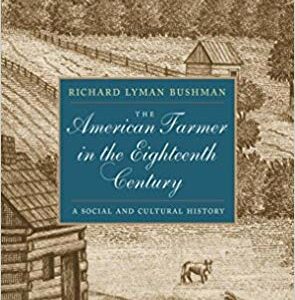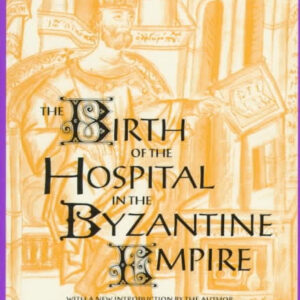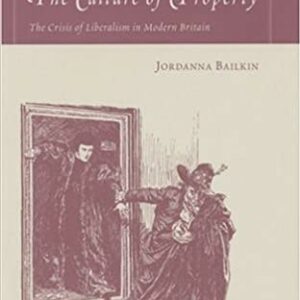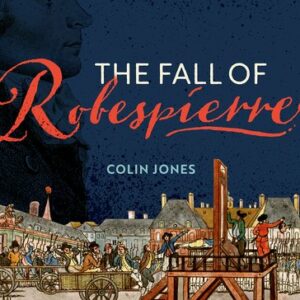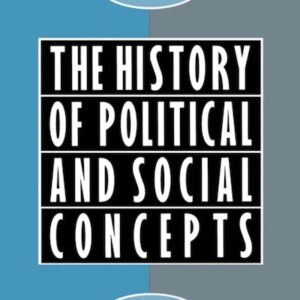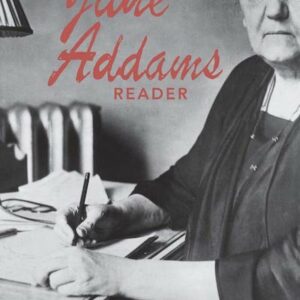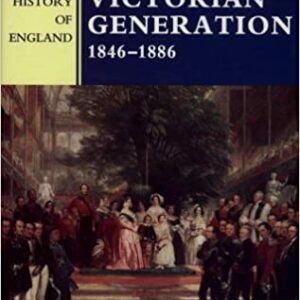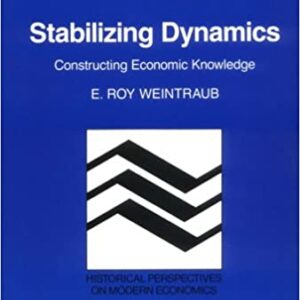
Stabilizing Dynamics: Constructing Economic Knowledge
By E. Roy Weintraub (NHC Fellow, 1988–89) Today, economic theory is a mathematical theory, but that was not always the case. Major changes in the ways economists presented their arguments to one another occurred between the late 1930s and the early 1950s; over that period the discipline became mathematized. Professor Weintraub, a noted scholar of … Continued
